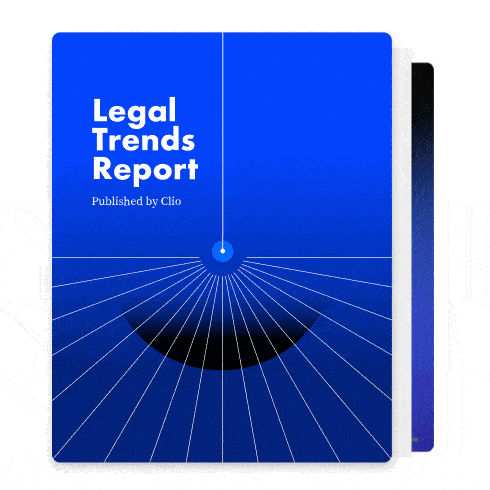On November 15, 2024, approximately 50,000 Canada Post workers began a nationwide strike after more than a year of negotiating between the Canadian Union of Postal Workers (CUPW) and their employer.
This strike has halted most mail and parcel services nationwide, with exceptions for government benefit payments (including the Canada Pension Plan and Child Tax Benefit). As of the date of publication, the strike is still ongoing—and significant delays are expected after the strike ends, further complicating the situation.

How is the Canada Post strike impacting law firms?
Every law firm operates differently, and will face different impacts as a result of the Canada Post strike and subsequent delays. Here are just a few of the issues facing law firms operating in Canada.
Delayed delivery of documents and communications
Firms that rely on Canada Post to mail documents, cheques, and correspondence will face significant delays in sending and receiving information. Likewise, firms that rely on mail from clients or third parties (for example, receiving excess deposit cheques from a realtor’s office) will find themselves waiting for information.
Increased costs for mailing documents and communications
If firms are committed to mailing documents and communications, they will likely need to switch to private courier services until the strike ends. While switching, in and of itself, may involve added time and effort, the traditionally higher cost of private mail services could lead to higher expenses, especially for firms that rely significantly on mail delivery.
Impact on billing and payments
Firms using Canada Post to send invoice or receive payments may experience cash flow delays as a result of the Canada Post strike. While some firms may be better-positioned to weather delays in sending and receiving payment by mail, waiting on payments could have a significant impact on firms with limited liquidity.
Serving documents
Many law firms use certified mail delivery as proof of service—and, with the ongoing Canada Post strike, this option is no longer available. Furthermore, if certified mail has already been sent, it will be delayed or potentially undeliverable, making it challenging to prove that a document was served within the required time frame.
Given the exceptional circumstances, courts may grant deadline extensions—but firms need to be proactive in communicating with the courts and opposing counsel to manage their obligations and avoid procedural issues and missed deadlines.
How law firms can weather future Canada Post strikes
Regardless of the impact the 2024 Canada Post strike has had on your law firm, you’re probably wondering: what can I do to minimize the impact of Canada Post strikes or service interruptions in the future?
The best way to reduce reliance on traditional mail services is to adopt various technological solutions that streamline communication, document delivery, and client management. Here are just a few possibilities, keeping in mind that cloud-based legal practice management software can help firms perform their daily tasks anytime, anywhere.

Adopt secure client portals
Leveraging client portals can help law firms stay in touch with clients without relying on traditional mail methods. For example, Clio for Clients is a secure digital portal allowing legal clients to communicate and collaborate with their lawyer. Clients can review communications, documents, and calendar events; communicate privately with their lawyer; and view and pay invoices in seconds—all from one place.
Transition to e-signatures
Having clients sign documents by e-signature isn’t just convenient—it also helps you navigate periods when traditional mail methods are unavailable and wet signatures aren’t required. Clio’s e-signature functionality makes it simple and secure for lawyers to create, sign, and store legally-binding documents online. Within the Clio Suite, you can use electronic signatures for easy online document signing—both as part of Clio Grow’s client intake and legal CRM software, and as part of Clio Manage’s document management functionality.
Move to online payment systems
Firms can get paid faster and avoid potential mail service disruptions by accepting online payments—a win-win for law firms. And, with Clio Payments, firms can create custom bills in minutes that are delivered to clients via email or secure client portal. Clients can pay with credit or debit, or set up automated payment plans.
You may like these posts
Final thoughts on the 2024 Canada Post strike and becoming a cloud-based law firm
The 2024 Canada Post strike underscores how important it is for law firms to be ready for anything. Firms must be forward thinking to weather potential service disruptions. Luckily, by embracing technological advancements, like cloud-based legal practice management software, firms can safeguard themselves against future disruptions while also improving efficiency and serving clients better.
Want to learn more about becoming a cloud-based law firm? Book a demo to see Clio in action!
We published this blog post in November 2024. Last updated: .
Categorized in: Technology
Explore AI insights in our latest report
Our latest Legal Trends Report explores the shifting attitudes toward AI in the legal profession and the opportunities it brings for law firm billing, marketing, and more.
Read the report





